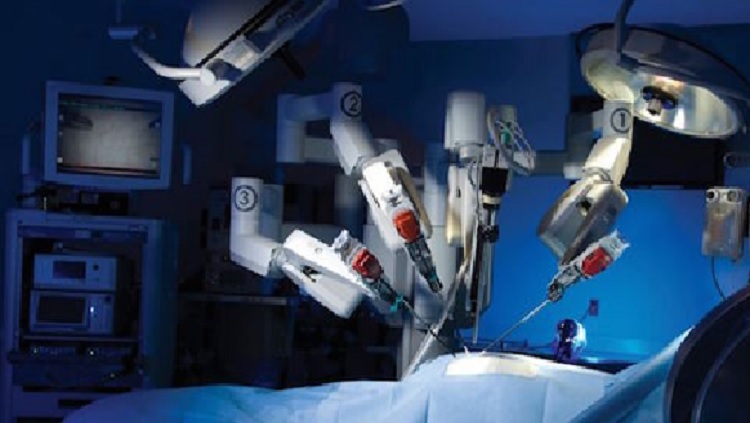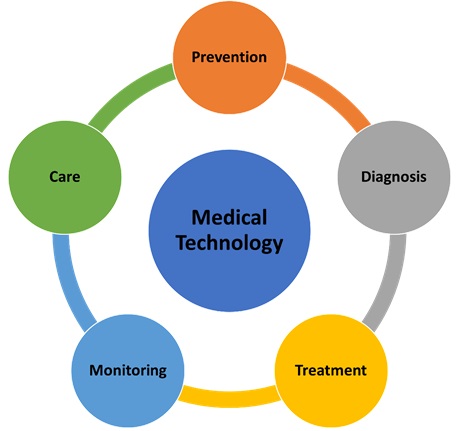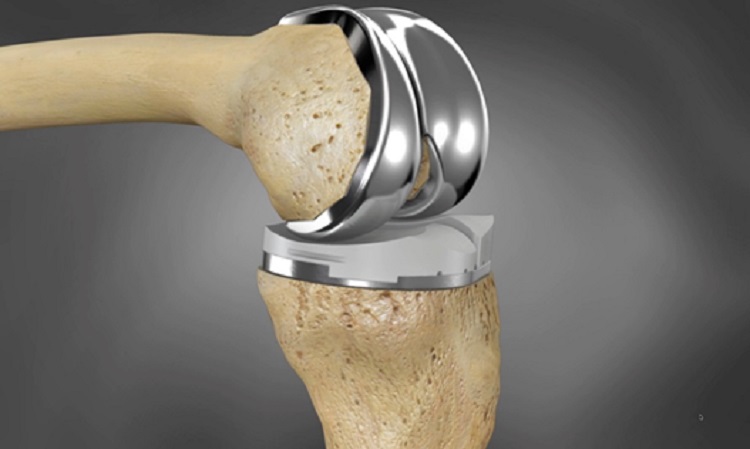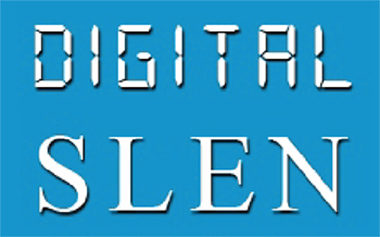Importance of Medical Technologies
By Eng. (Prof.) Ruwan Gopura
The COVID 19 pandemic situation is posing a serious threat to human lives in every corner of the country. The chronic kidney disease affected the lives of farmers in the north-central province of Sri Lanka for decades. A considerable percentage of the population is facing issues arising from physical disabilities. In such situations, technology can help human beings to overcome threat/ danger, cure diseases and make their lives more comfortable. Medical technology is one of the important technologies that can help human beings. Increasing global life expectancy and ageing population have also created a great demand for novel medical technologies. The importance of medical technologies is evident for every person in the current COVID-19 pandemic situation. In essence, medical technology plays a vital role not only to cure the affected but also control the spread of the pandemic while implementing strategies against future pandemic risks.
 Medical robotic system
Medical robotic system
(Source: https://www.healthecareers.com/article/healthcare-news/medical-robots-and-healthcare-technology)
Medical technology is identified as the application of technological knowledge, tools, and systems to protect organisms from disease, harm, or death. Scientific knowledge is used in practice to solve health problems in medical technologies. These technologies can create products, services or solutions used to save and improve people's lives.
They provide support for the prevention, diagnosis, monitoring, treatment, and care of health problems. Medical technologies enable the early and accurate diagnosis of health problems, facilitating timely intervention and improving outcomes. They can save lives, improve health, and contribute to sustainable healthcare.
 Core areas supplemented by medical technologies
Core areas supplemented by medical technologies
Developing medical technologies requires highly skilled individuals and years of study. Essentially, medical technologies span a wide range of applications. Simple solutions such as medical plasters, syringes and goggles may be useful to everyday users. Mid-level solutions include wheelchairs, hearing aids, etc. At the high-tech end, more sophisticated solutions include robotic surgery systems, body scanners, prostheses, and pacemakers.
In recent years, the adoption of technology for healthcare has led to an improvement in the diagnosis and treatment of patients, which ultimately benefits to increase health condition and quality of life of patients. This has already saved many lives.
Information technology (IT) has also facilitated the enhancement of medical technologies. Health information management systems are designed to manage healthcare data. These systems enable the medical professional to collect, store, and retrieve data from patient health records. Finally, medical practitioners can easily obtain the patient's health records from a database and effectively monitor the patient's well-being.
The most advanced medical technologies consist of wearable technology, robotic systems, virtual reality (VR) and augmented reality (AR) applications, 3D printing, prostheses, and telehealth. Many of these technologies use artificial intelligence (AI).
- Wearable technology: Wearable technology for health includes wearable electronic devices. They can facilitate early detection and prevention of severe conditions. One of such examples is early detection of cardiovascular abnormalities and prevention of myocardial infarction.
- Robotic Systems: Robotic systems are used in healthcare for different purposes. Robotic surgery systems and robotic prostheses are some of such purposes. Robotic surgeries support a high accuracy, control and flexibility while keeping surgery minimally invasive. It may simply assist and enhance the surgeon's work. While performing robotic surgery, the surgeon can perform complex procedures that are very difficult or impossible to perform.
- VR & AR: VR & AR help medical professionals gain real-life learning experiences using technology. VR devices can assist patients, diagnose, treat, prepare for their procedures, and support their rehabilitation and recovery.
- 3D printing: 3D printing technology can produce custom-made implants and prostheses. These custom-made devices can permit a higher level of comfort and mobility.
- Telehealth: This is a rapidly growing technology to enable patients to receive healthcare through their digital devices. This eliminates face-to-face encounters with medical officers. Telehealth provides patients with access to a variety of health services.
 3D printed knee joint
3D printed knee joint
(Source: https://www.sculpteo.com/blog/2018/05/04/3d-printing-in-the-medical-industry-the-3d-printed-knee-replacement/)
- Precision medicine: As medical technology advances, it is becoming more and more personalised to individual patients. Precision medicine allows physicians to select medicines and therapies to treat diseases, such as cancer, based on an individual’s genetic make-up. This personalised medicine is more effective than other types of treatment for cancer as it attacks tumours based on the patient’s specific genes and proteins, causing gene mutations.
Furthermore, other technologies such as smart inhalers that can better manage the condition of asthma patients, wireless brain sensors that can be positioned in the brain and dispersal when not needed, have been developed to make the life of the human being more comfortable. Artificial organs can also be produced using bio-printing, which is an area of technology in healthcare that could save millions of patients every year. Using this technology, actual and operational organs which are not rejected by the immune system can be produced.
Innovations in medical technologies in areas such as surgery, disease prevention, improved information access and medical telecommunications continue to benefit the patients and the medical profession. These innovations should continue to grow and improve the quality of life of the people and offer treatment to the patients who need special attention.
 Eng. (Prof.) Ruwan Gopura
Eng. (Prof.) Ruwan Gopura
Head, Department of Medical Technology,
Faculty of Medicine
Professor, Department of Mechanical Engineering
University of Moratuwa





